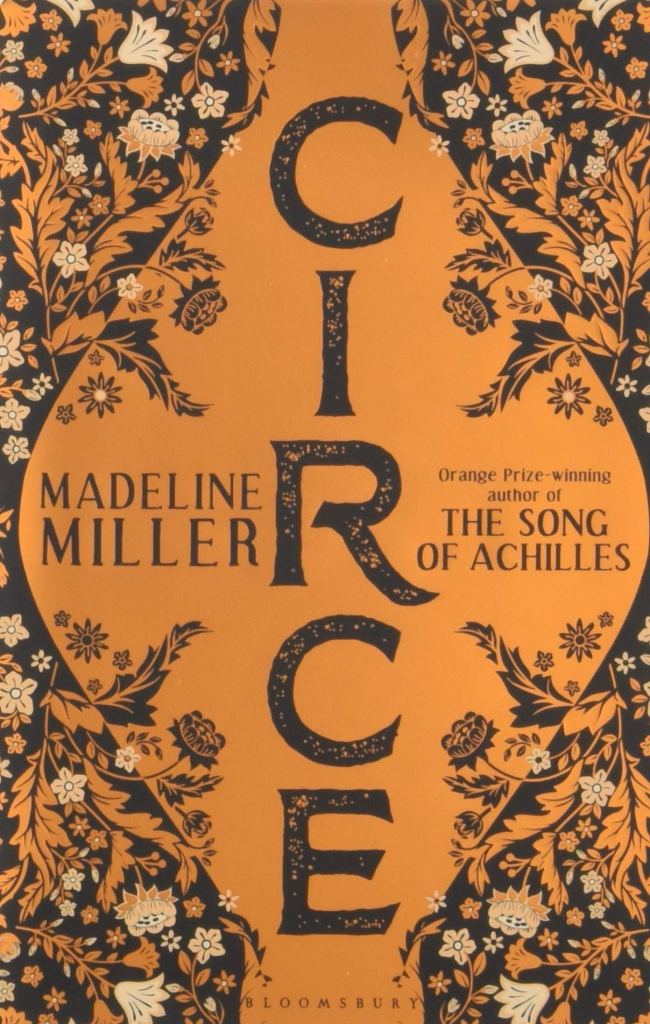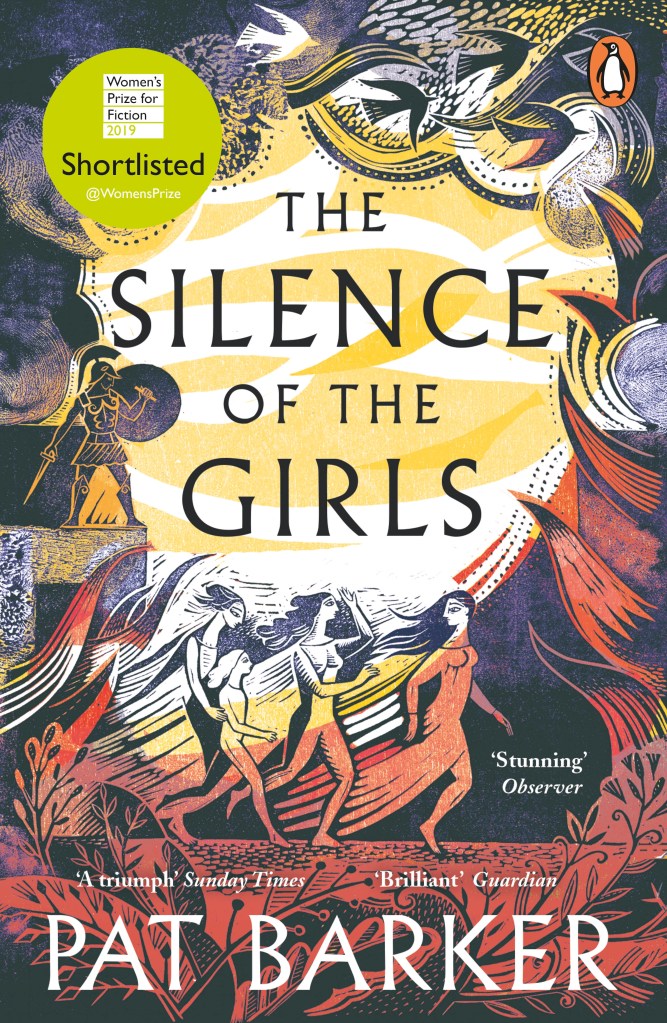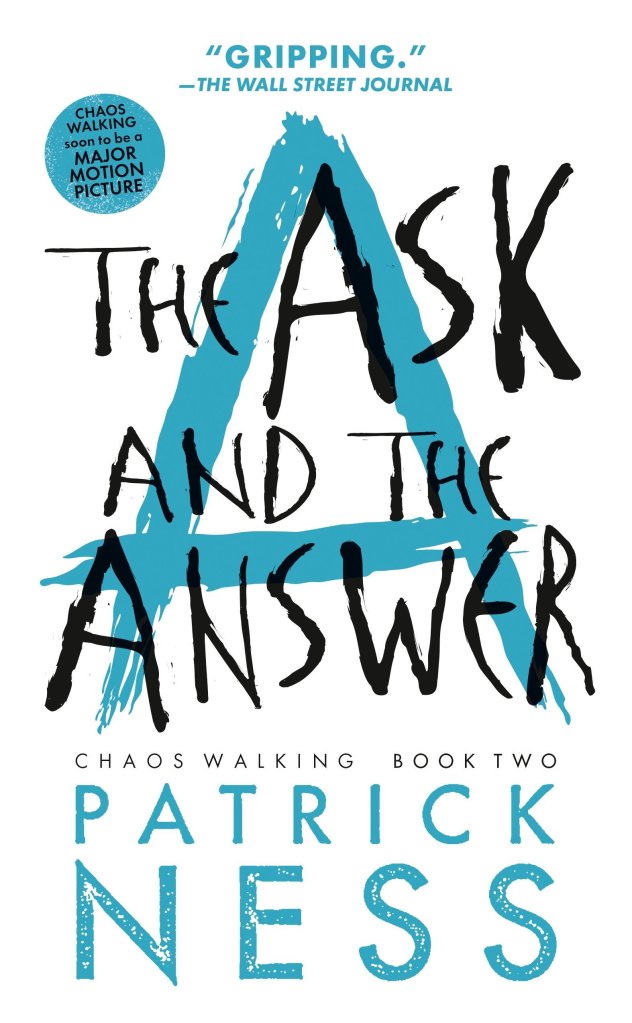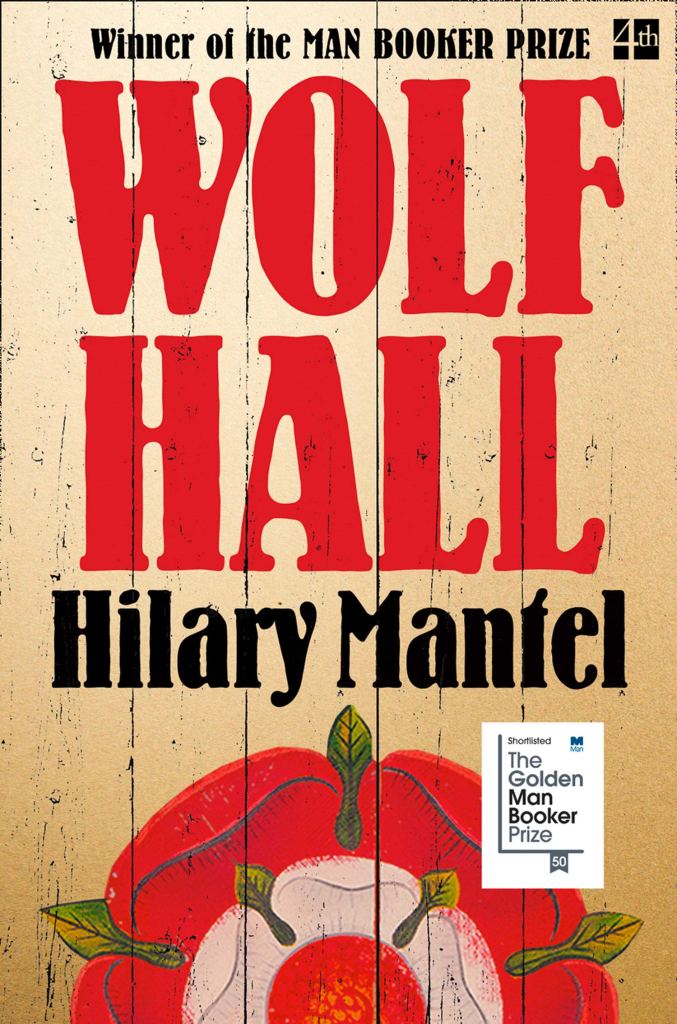The Top 5 series is back! Top Five Saturday is a meme hosted by Devouring Books to discover and share books that all have a common theme. Previously on the blog I have focused on witches, werewolves, thrillers, faeries, fairy tale re-tellings, high fantasy and many more. I am going to try and bring this series back for every Saturday.
PREVIOUS TOP FIVE SATURDAY LISTS:
23rd May 2020: Books About Plants and Flowers
30th May 2020: Books from a Male Point of View
6th June 2020: Books Set on the Sea
13th June 2020: Books with One Word (Eponymous) Titles
20th June 2020: Books I’d Give a Second Chance To
Morally grey and morally ambiguous characters are wonderful because that is what we as human beings are! Surely the defining characteristic of being human (as opposed to a fictional construct) is to be neither good nor bad but to be capable of acts of both great kindness and great cruelty, great tenderness and great violence. Complex, conflicted, contradictory – as Patrick Ness describes us “chaos walking”.
But they can be difficult to pin down. They are not simply misunderstood but must be capable of choosing acts of cruelty and violence – choosing, not compelled to act in this way – but also be compelling and engaging and fun and equally capable of good. I shall also avoid the Song of Fire and Ice series: every single one of George R. R. Martin’s fantasy re-imagining of the Wars of the Roses could be cited here!
Circe in Circe by Madeline Miller

Why We Love Her
She has a beautiful and compelling voice throughout this gorgeous novel. And a lot can be forgiven for that simple fact!
Circe was a nymph, daughter of the sun god, and was always the least of her brothers and sisters, different and an outsider desperate to be accepted. Which led to some poor moral choices!
Why We Despise Her
Her transformations of both Glaucos and Scylla are non-consensual and a huge violation – regardless of the fact that Glaucos seemed to revel in his newfound godhead. As Circe says
I would not just uproot the world, but tear it, burn it, do any evil I could to keep Glaucos by my side.
Achilles in The Silence of the Girls by Pat Barker

Why We Love Him
Because Patroclus does. And because he loves Patroclus. And his lyre.
Because his relationship with his mother, the sea goddess, is delicate and tender and vulnerable.
Why We Despise Him
He is a rapist.
Beyond that, he is utterly selfish and arrogant and a terrifying warrior on the battlefield against whom none can stand. And the extremity of the violence visited on Hector’s body
As soon as the sun’s up, he’ll tie Hector’s body even more tightly to his chariot and drive full tilt round the camp, and this time he won’t stop till every bone’s broken, every feature smashed…Nobody’s going to cheat him out of his revenge, not even a god.
The Saxophone Teacher in The Rehearsal by Eleanor Catton

Why We Love Her
Such a voice!
Catton does wonderful things with voice in this novel, slipping from realism to lyricism to heightened drama beautifully.
“I require of all my students,” the saxophone teacher continues, “that they are downy and pubescent, pimpled with sullen mistrust, and boiling away with private fury and ardor and uncertainty and gloom. I require that they wait in the corridor for… If I am to teach your daughter, you darling hopeless and inadequate mother, she must be moody and bewildered and awkward and dissatisfied and wrong… You must understand me on this point. I cannot teach children.”
Why We Despise Her
She is a deliciously manipulative character, trying to live vicariously through her students the life she wished she had.
Mayor Prentiss and Mistress Coyle in The Ask and The Answer by Patrick Ness

Why We Love Respect Them
Both – yes, both! – these characters are doing the best they can in the situation that they find themselves. That situation being on a distant planet with an indigenous population and the unexpected ability to read every thought that crosses every man’s mind, bidden or unbidden.
Why We Despise Them
Mayor Prentiss is the archetypal dictator seeking to weaponise the noise of men’s thoughts and to enslave and subjugate the indigenous population.
Mistress Coyle uses violence and terrorism to resist Mayor Prentiss’ oppressive regime.
How far would you go for a cause you believe to be just?
Thomas Cromwell in Wolf Hall by Hilary Mantel

Why We Love Him
He comes across in the books as a thoroughly decent man throughout: witty, warm, down-to-earth and painfully loyal.
Despite the violence he suffered at his own father’s hands, he is a wonderful father and husband and the death of his family is depicted so utterly tenderly in the novel, it is heart breaking.
And who doesn’t love an outsider, an underdog, rising up through the ranks despite his lowly birth?
Why We Despise Him
He is a master manipulator, twisting facts and rumours and narrative to suit his ends, which are ultimately King Henry VIII’s ends.
And people die – so many people – through those narratives of adultery and betrayal in Bring Up The Bodies: mostly those who opposed and mocked Wolsey in Wolf Hall. Revenge is a dish best served very very cold, perhaps.
Behind all these books, of course is the oversized shadow of the creature in Frankenstein: created as a child with a blank slate and capable of great acts of simple kindness and generosity, but turned to darkness and violence by his rejection by humanity.

Which does bring us full circle, as Madeline Miller’s Circe features a brief cameo by Prometheus, Circe’s uncle, after whom Mary Shelley sub-titled her novel.
I look forward to hearing from you about your favourite morally ambiguous characters and why you love and hate them.
Again, a David Mitchell book is an event, and a thing of beauty! But the music industry is not my natural setting and again I was caught between this and another book – Daisy Jones and the Six in this case – and Daisy Jones was read first. This time, because it was nominated on a book club I was part of.
Bonus: The Lies of Locke Lamora, Scott Lynch

They say that the Thorn of Camorr can beat anyone in a fight. They say he steals from the rich and gives to the poor. They say he’s part man, part myth, and mostly street-corner rumor. And they are wrong on every count.
Only averagely tall, slender, and god-awful with a sword, Locke Lamora is the fabled Thorn, and the greatest weapons at his disposal are his wit and cunning. He steals from the rich – they’re the only ones worth stealing from – but the poor can go steal for themselves. What Locke cons, wheedles and tricks into his possession is strictly for him and his band of fellow con-artists and thieves: the Gentleman Bastards.
This one has been on my TBR for years. Literally years. I have heard nothing but praise for it, but so far have never quite got around to reading it! Go figure!
So, there we go: a range of books that I got in 2020 – save for the Scott Lynch – and do regret not reading during the year. Is regret the right word? Probably not to be honest: I do not regret the reading that I did do last year at all. But these are books that I would like to find time to catch up with this year – before prize season hits us again!
Pop in the comments below your thoughts on these – maybe let me know which I should read first!




Fantastic choices! I like that you clarify the good and bad aspects of the characters. The Ask and the Answer and The Silence of the Girls are both titles I haven’t heard of until now and they sound extra good and interesting.
LikeLiked by 1 person
Silence of the Girls was wonderful – retelling the Trojan War from Briseis’ point of view! Hope you get a chance to read them!
LikeLiked by 1 person
[…] 27th June 2020: Morally Grey Characters […]
LikeLike
[…] 27th June 2020: Morally Grey Characters […]
LikeLike
[…] 27th June 2020: Morally Grey Characters […]
LikeLike
[…] 27th June 2020: Morally Grey Characters […]
LikeLike
[…] 27th June 2020: Morally Grey Characters […]
LikeLike